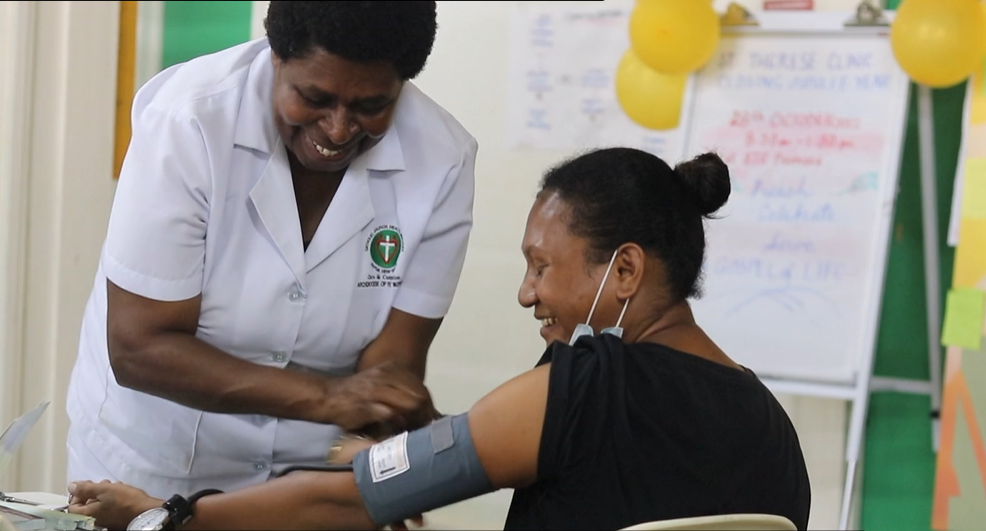From September 2021 to March 2022 ASHM completed a HIV case management strengthening project in Timor-Leste as part of The Global Fund’s Sustainability of HIV services for Key Populations in Asia (SKPA) Program via Health Equity Matters (known as AFAO at the time) and Estrela+.
In Timor-Leste, strengthening the counselling and case management elements of the HIV treatment and care cascade for improved linkage to long-term care was identified as a key area for support.
The 3 key objectives for the project were identified by Estrela+, the Ministry of Health (MoH), key population communities, and in-country representatives of the World Health Organization (WHO):
- Strengthening existing implementation of HIV Community-based Testing (CBT)
- Improving linkages between testing and long-term case management to improve treatment adherence, and
- Improving the lost to follow-up (LTFU) tracking mechanism
An HIV Case Management Handbook was identified as a tangible way to contribute to these objectives within the limitations of the project. Topics for the handbook were chosen according to a priority needs assessment that involved a range of personnel including MoH HIV and STI counsellors, HIV positive peer counsellors, ART centre healthcare workers, and laboratory technicians. The Handbook’s development was also informed by two key documents – the HIV Stigma Index Report Timor-Leste 2017, and the Report on Loss to Follow Up in Timor-Leste 2021 – as well as WHO guidelines and global evidence.
The content of the HIV Case Management Handbook was peer reviewed by professionals including infectious disease clinicians, mental health specialists, social workers, and gender-based violence prevention experts. A Timorese graphic designer created illustrations for the handbook to reinforce key messages and ensure it is locally representative, visually engaging, and a useful tool for those along the HIV care continuum. Additionally, the Tetum version received multiple reviews by Timorese experts in their respective fields to ensure the clarity and understandability of the translation.
The result was a practical reference tool for identifying and supporting people living with HIV in Timor-Leste. It has a strong focus on counselling, supporting patient decision making and wellbeing, and minimising the HIV-related stigma and discrimination that limits the effectiveness of healthcare services.
The HIV Case Management Project provided the foundation for the implementation of STEPT in Timor-Leste, with the Handbook itself having a number of possible future applications. This may include versions of the Handbook more tailored to specific roles along the HIV care continuum, such as midwives, ART prescribers, and peer testing and counselling staff.
Future versions of this Handbook may also include additional topics such as HIV Self Testing, PrEP, Syphilis and Hepatitis B testing and management for PMTCT triple elimination, understanding and supporting Key Populations, Sexual Orientation, Gender Identity, Gender Expression and Sex Characteristics (SOCIESC), mental health and quality of life screening tools, and identifying and responding to Violence.
Acknowledgement of partners and donors: AFAO; Ministry of Health, Timor-Leste; The Global Fund; Estrela+ Timor-Leste
Document link :
English – TL_HIV_ENG_v1 FINAL.pdf
Tetum – TL_HIV_TL_v1 FINAL.pdf


